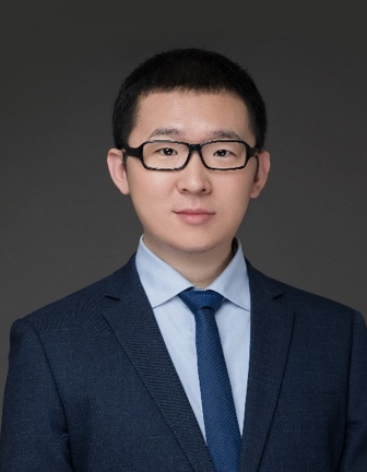Department of Immunology
Kai Wang

Kai Wang, Research fellow, PhD supervisor, Postdoctoral Mentor
Contact Information
wangkai@bjmu.edu.cn
Research Direction
Mechanisms of fungal regulation of host immune and metabolic homeostasis and intervention strategies
Personal profile
Dr. Kai Wang focuses on the regulatory roles of fungi in gut microbiota—host metabolic homeostasis. His scientific contributions include: 1. Discovered that the gut yeast-type fungi, Candida guillemondii , can effectively mimic host functions by generating prostaglandin E2, thereby inducing metabolic diseases and expanding the concept of microbial-host isozymes ( Science 2023, Gut Microbe 2020). 2.Revealed novel mechanisms by which intestinal filamentous fungi, such as Fusarium foetens , regulate metabolic diseases through the production of polyketide secondary metabolites ( Science 2025, Cell Host & Microbe 2025). 3.Elucidated how edible medicinal fungi, such as Ganoderma leucocontextum , improve metabolic diseases by modulating microbiota-derived bile acid metabolism through their secondary metabolites ( Nature 2022, Cell Metab . 2021, Cell Rep . 2019). Furthermore, discovered novel microbiota-derived bile acids, such as 3-succinylated cholic acid, as new intervention strategies for alleviating metabolic dysfunction-associated steatohepatitis (MASH) ( Cell 2024). In addition, developed the AI-based microbial bile acid metabolic enzyme mining tool, BEAUT, and reported a new class of microbiota-derived bile acid, 3-acetodeoxycholic acid (3-acetoDCA), along with the metabolic enzyme ADS, pioneering a top-down approach in microbiota-derived bile acid research ( Cell 2025). Dr. Wang has published over 20 SCI papers as (co-) first or corresponding author in journals such as Cell (2025, 2024), Science (2025, 2023), and Nature (2022). Five of his papers have been selected as ESI Highly Cited Papers, and his work has received featured reviews and highlights in Cell , Science , Nature , and Nature Reviews . Dr. Wang has received several awards, including the "China’s Top 10 Advances in Life Sciences " in 2023, 2024 and the " Ten Major Scientific and Technological Progress of China's Colleges and Universities" in 2023. He currently leads several projects, including the National Natural Science Foundation of China (NSFC) Young Scientists Fund (B and C categories).

